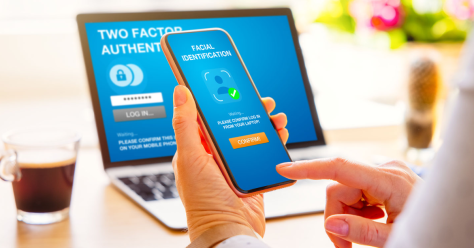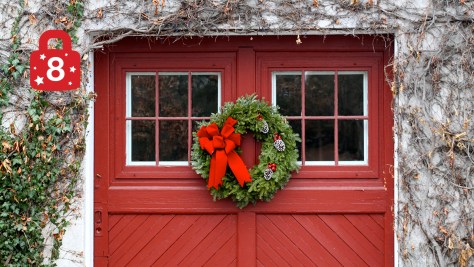Have you ever stumbled upon a valuable item like a ring, bicycle, or mobile phone while out and about? It can be an exciting discovery, but what should you do next? Understanding the legal course of action when you find something of value is essential to ensure you act responsibly and ethically. In this blog, we’ll walk you through the steps and legal guidelines to follow when you find valuables in the UK.
Step 1: Report the Find
If you find a licence or document with an individual’s address on it, post it back to them. If there is no address but an issuing authority, such as a passport or blue badge, mail it back to the source. For anything else, visit your local police website – they all have links for reporting found property these days. They will ask questions about the find and offer further guidance and next steps.
Step 2: If the police don’t require a report
In situations where the police do not require a report for the found item, your next step involves several important actions to identify the owner:
Check for Identification Labels: Look for any visible markings that could help identify the owner. This includes Immobilise labels, which may feature a QR code or a barcoded serial number, indicating registration on the Immobilise national property register. Additionally, be on the lookout for other third-party marks or labels that might signify registration with a different service.
Visit Immobilise Website: If an Immobilise label is present, visit immobilise.com/search and enter the item’s details. This can help reconnect the item with its rightful owner while keeping their personal information confidential. Through this system, your contact details can be passed on to the owner if they are found.
Make Reasonable Enquiries: Independently of label checks, make reasonable efforts to find the owner. This could include asking people nearby, in offices, or shops, and considering leaving a note with your details. If the item was found on private property, such as a shop, pub, or workplace, inform the owner of the land or building.
Step 3: Where neither of the above applies
If you have exhausted the above, the law becomes a little complicated. If you have posted a notice anywhere or asked on local social media groups, we suggest you wait 90 days. If you haven’t heard from anyone after this time, you could consider selling it. However, UK law states that if the rightful owner can prove it’s theirs, you are liable to them for the proceeds, less reasonable storage costs for up to 6 years after the sale. However, this is unlikely to be an issue, mainly since the police process captures higher-value property.
































